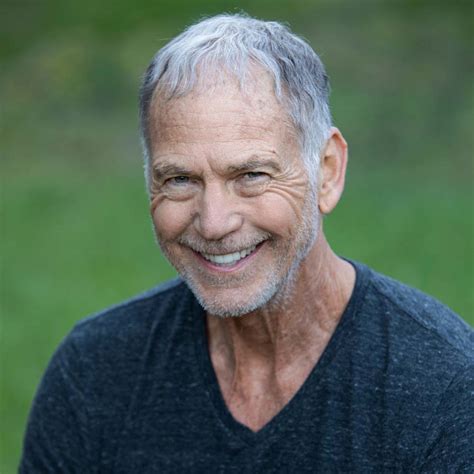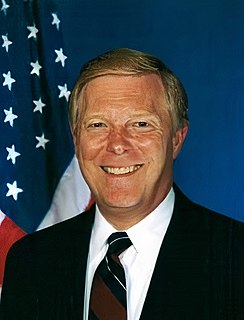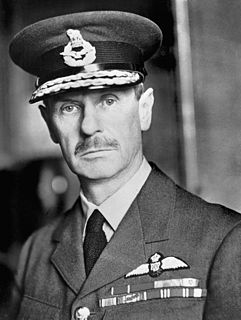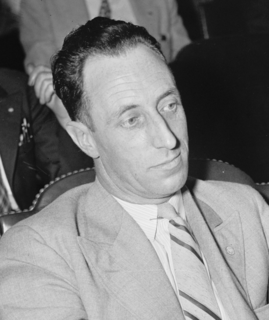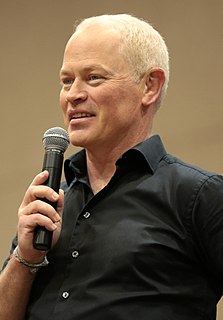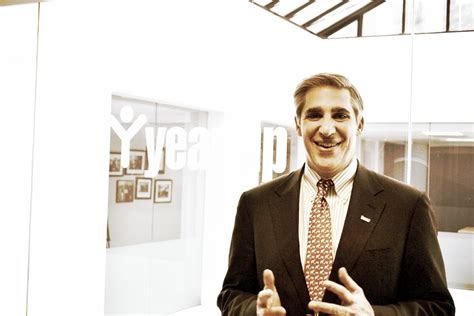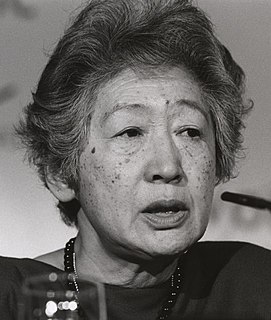A Quote by Judith Butler
No matter what someone else has done, it still matters how we treat people. It matters to our humanity that we treat offenders according to standards that we recognize as just. Justice is not revenge - it's deciding for a solution that is oriented towards peace, peace being the harder but more human way of reacting to injury. That is the very basis of the idea of rights.
Related Quotes
Your life does matter. It always matters whether you reach out in friendship or lash out in anger. It always matters whether you live with compassion and awareness or whether you succumb to distractions and trivia. It always matters how you treat other people, how you treat animals, and how you treat yourself. It always matters what you do. It always matters what you say. And it always matters what you eat.
In what terms should we think of these beings, nonhuman yet possessing so very many human-like characteristics? How should we treat them? Surely we should treat them with the same consideration and kindness as we show to other humans; and as we recognize human rights, so too should we recognize the rights of the great apes? Yes.
Diplomacy matters. Burden-sharing matters. Follow-through matters. And yes, sustaining the peace is harder, more complex and often costlier than winning the war itself. No matter the surge of momentary machismo -- as gratifying as it may be for some -- it's short-sighted and wrong to simply go it alone.
Finally, it was about how people treat one another. It was about human dignity. We forced the employers to treat us as equals, to sit down and talk to us about the work we do, how we do it, and what we get paid for it. And I believe that the principles for which we fought in 1934 are still true and still useful. Whether your job is pushing a four-wheeler, or programming a computer, I don't know of any way for working people to win basic economic justice and dignity except by being organized into a solid, democratic union.
It matters whether you see yourself as someone who is capable of effecting change or whether you see yourself as someone whose voice does not count. It matters whether you treat yourself with reverence or with carelessness. Every bit of work you do on yourself matters. Every time you choose love, it matters.
Refugee problems may often seem intractable but they are not insoluble. In our experience there are two basic prerequisites for solution: the political will of leaders to tackle the causes and to settle for peace, and international determination to push for peace and then to consolidate it. Consolidating peace means helping societies emerging from war to reintegrate refugees in safety and dignity, to rebuild their institutions - including in the field of justice and human rights - and to resume their economic development.
We must fight against the spirit of unconscious cruelty with which we treat the animals. Animals suffer as much as we do. True humanity does not allow us to impose such sufferings on them. It is our duty to make the whole world recognize it. Until we extend our circle of compassion to all living things, humanity will not find peace.

